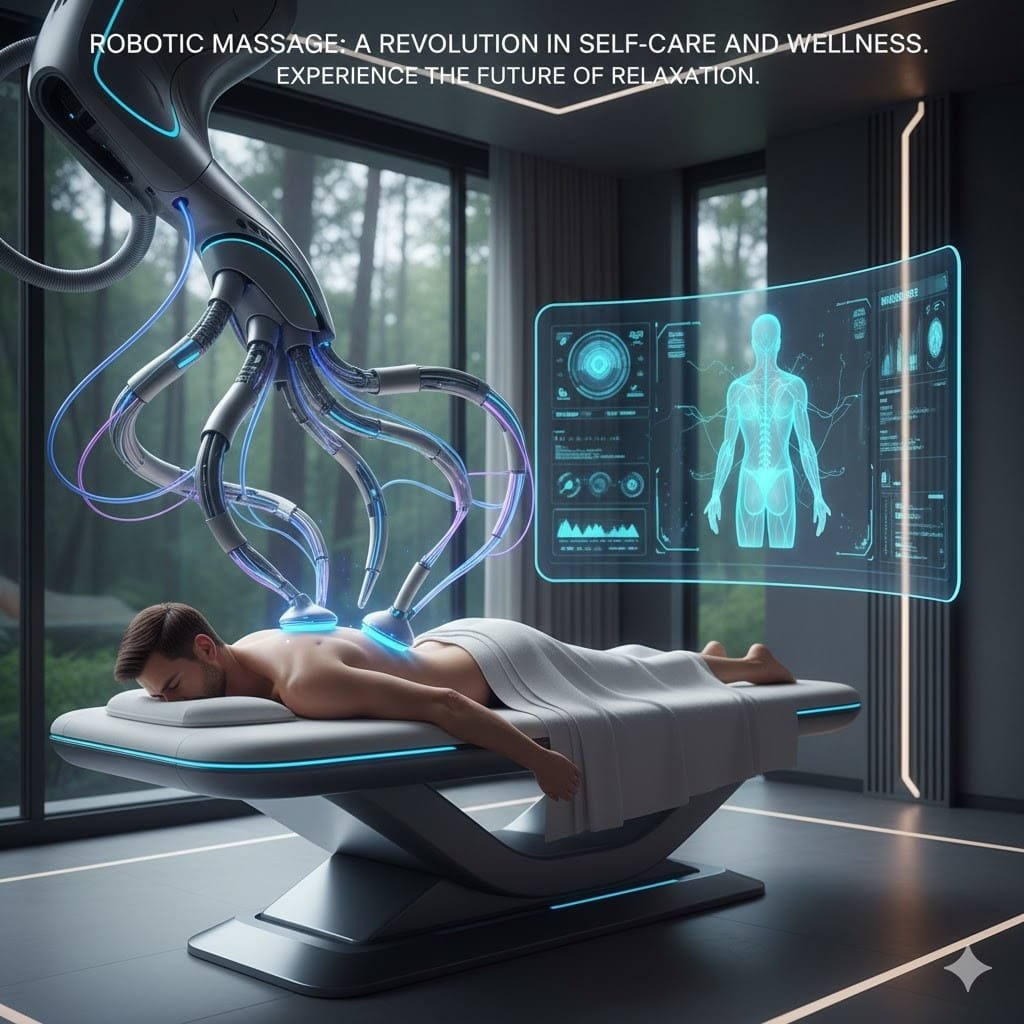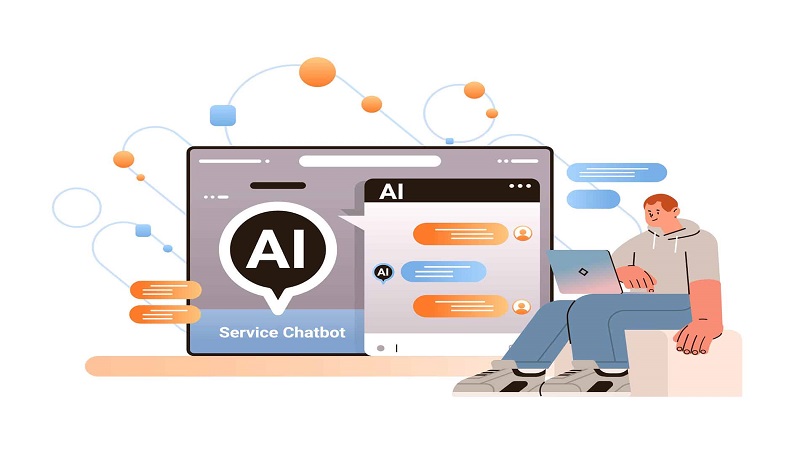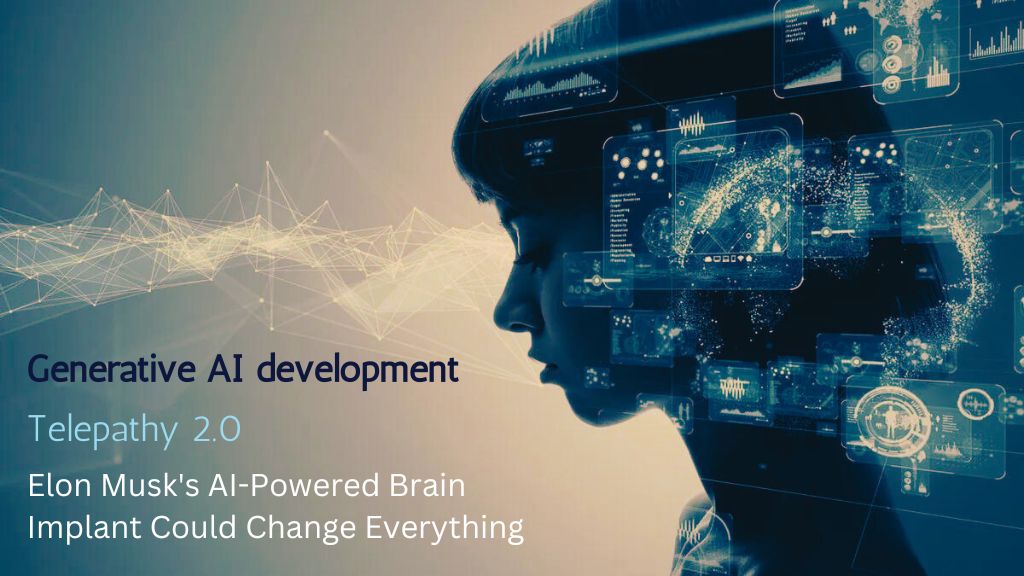How many apps do you have on your phone right now?
Mobile applications have almost taken over our lives! There is an app for everything now. Hungry? Order food online! Need clothes? Check out online fashion stores! Can’t sleep? There are apps to help you relieve stress and relax.
Also, how can we forget social media applications? We scroll news feeds multiple times throughout the day, stay connected to our loved ones, and make new friends too! Will our lives feel complete without using social media in this digital era?
Every day, we hear about the launch of more advanced mobile phones with unbelievably unique features. IT industry is now coming up with technologies that hold the power to revolutionize the world! Therefore, we need to keep ourselves technologically updated to survive and grow in this dynamic era.
The current hype in the tech world is about Artificial Intelligence. Smartphones, when integrated with Artificial Intelligence, make a deadly combo.
Let’s talk about the fusion of mobile apps and Artificial Intelligence in detail!
What is Artificial Intelligence?
A branch of computer science that focuses on creating human-like systems and machines.
Machines with Artificial Intelligence are built to perform tasks that require human intelligence. In fact, the machines programmed with AI-complete such tasks more efficiently within much less time. In fact, they make much fewer errors than humans.
Artificial Intelligence works on three main cognitive skills: learning, reasoning, and self-correction.
· Learning Processes
Humans need to learn about a task before doing it. The same goes for artificially-intelligent machines. They first need to acquire data and then create a framework for using that data in decision-making. The elements of this framework are called algorithms. Consider algorithm as a step-by-step guide for a machine to complete a particular task.
· Reasoning Processes
This component of Artificial Intelligence is linked directly with the decision-making process. The machines choose the right algorithm to achieve the desired target.
· Self-Correction Processes
Technology is hyping up at an alarming rate. We can hear about new updates for computer systems every day. The self-correction field of Artificial Intelligence is responsible to update the algorithms continuously and keep the machine/system smooth.
Types of Artificial Intelligence
We can categorize Artificial Intelligent systems into four types based on the degree to which they can replicate a human mind.
1. Reactive Memory
This is the least capable or evolved kind of AI.
Such machines do not have the power to store memories. They only work or respond when exposed to certain stimuli. Not having a memory-based functionality limits the performance of these machines. They work by analyzing all possible moves and selecting the best one out of them.
2. Limited Memory
The same as Reactive Memory systems but with a limited power to store memory. The memory in these systems can store just a few past experiences, and that too, not permanently. This is the most common form of AI that exists today. They use historical data to create a reference model for future decision-making.
3. Theory of Mind
The kind of AI that only exists as a concept for now.
Researchers will program Such AI systems to understand the needs, emotions, beliefs, and thought processes of the entities they interact with.
4. Self-Aware
This is the final phase of AI development.
The machines at this stage will be able self-aware like a human mind. They will not only be able to understand the emotions and desires of others but also have their own feelings. However, some people believe that these machines will be more of a threat to our civilization than a blessing.
Artificially Intelligent Features in Mobile Apps
The idea of a smart assistant who can help us in our everyday tasks sounds exciting, right? Well, Google, Siri, Alexa, and Bixby, have already revolutionized the lives of both, consumers and businesses. They are the perfect examples of Artificial Intelligence in mobiles.
What’s more exciting is that AI is further developing mobile apps to predict user behavior and make decisions on their behalf.
Let’s see how the current mobile applications utilize AI to improve user satisfaction.
1. Voice Commands
How cool does it feel to command your devices without even moving a finger? Current mobile applications allow us to operate their search engines through voice commands. Want to order food? Just voice out whatever you are craving and the app on your mobile will place your order in seconds.
2. Facial Recognition
Our mobiles can now easily detect our faces. This super-cool feature has enhanced the security of our devices by leap folds. We can now lock access to our entire phones or even individual apps using this feature. Future development will mobiles to track facial changes in their users over time. So don’t worry if you start growing a beard or using glasses in the future; your phone will still recognize you!
3. Smart Camera
A real blessing for all those selfie lovers and photographers!
Gone are the days of those blur and dull photos. There are numerous applications that are dedicated to the sole purpose of enhanced photography! These camera-based applications detect subjects within the frame, allowing us to click high-focus pictures. In fact, they not only identify but also enhance our facial features for portrait pictures automatically. In the future, smart cameras are also expected to extract information from the pictures, like the calories from a food image.
4. Emotional Recognition
Want someone to understand your moods?
Mobile applications infused with Artificial Intelligence can catch the changes in our moods now. Hard to believe, right? Well, image and voice processors are programmed to detect the variations in our expressions, body language, and voice inflections. This feature is highly beneficial for companies to anticipate consumer needs.
Conclusion
Mobile applications have become an integral part of human life. Businesses from every industry can leverage numerous benefits if they introduce AI-integrated mobile applications for their consumers. AI can help them level up their user experience on an individual basis, leading to increased user engagement.
In short, your mobile application will make users build an unbreakable bond with your brand through artificially intelligent features.
Linda Hartley is a digital marketing manager at Appstirr.ae, who loves to write content on the latest topics, including Blockchain, B2B business models, application development and much more.
















Leave a Reply